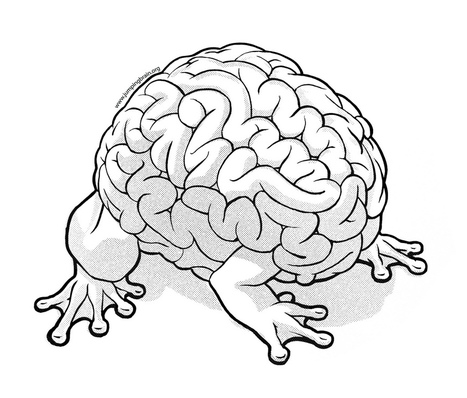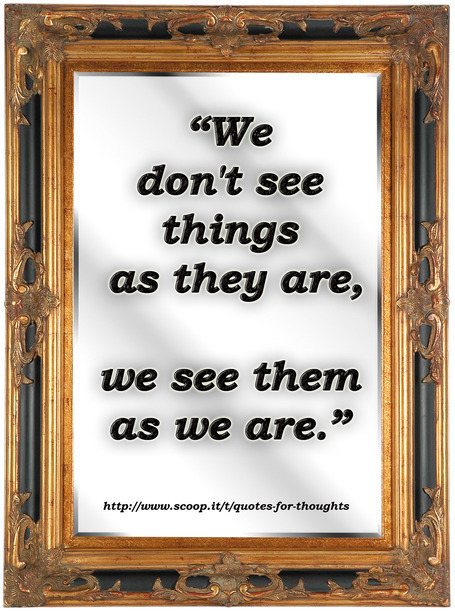"For people who already feel separate from the crowd, social rejection can be a form of validation," says Johns Hopkins Carey Business School assistant professor Sharon Kim, the study's lead author. "Rejection confirms for independent people what they already feel about themselves, that they're not like others. For such people, that distinction is a positive one leading them to greater creativity."
Research and publish the best content.
Get Started for FREE
Sign up with Facebook Sign up with X
I don't have a Facebook or a X account
Already have an account: Login

 Your new post is loading... Your new post is loading...
 Your new post is loading... Your new post is loading...
|
|


















